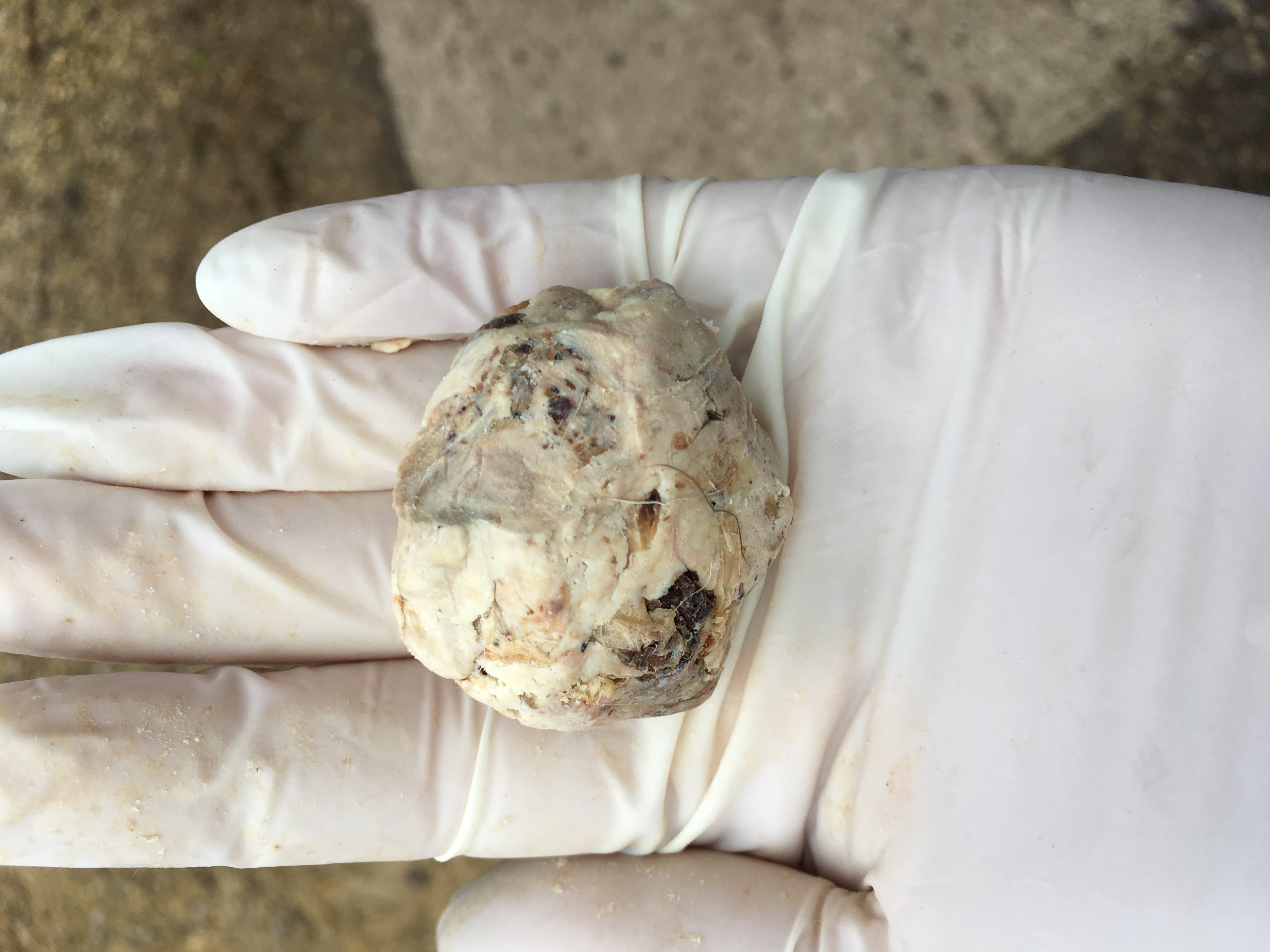I’m afraid this week’s blog may only be useful for those of you with male horses. But Sheath Care is an important topic and something we get asked about a lot as vets. Hopefully the following information helps answer some common queries.
Why would my horses sheath need cleaning?
The sheath is a large fold of skin which primarily acts to protect the penis when it is not extruded for urination. The inside of the sheath produces a wax-like substance called smegma to help maintain healthy skin and make it easier for the penis to be withdrawn. If smegma builds up it can cause discomfort, swelling or infection.
How often should I clean my horses sheath?
This will vary from individual to individual as smegma production varies. It is important to prevent excessive build up of smegma but over cleaning the area can cause more problems. There is natural bacteria living on the sheath and disrupting this population can allow harmful organisms to take hold. Most horses shouldn't need it doing more often then every 3-6 months.
How do I clean my horses sheath?
Please do not use anything other than luke warm water. Stand by your horses ribs and gently wipe inside the sheath with wet cotton wool or a wet sponge. It is normal for yellow flakes or black bits to come out- this is a build up of smegma. If your horse is very tolerant it is important to check the urethral fossa-this is a small cavity in the tip of the penis. It is quite common for smegma to build up in this cavity and we call this a “bean”. A large build up can cause pain and difficulty urinating. The photo above is a VERY large bean I removed from a pony with had no clincial signs but must have been uncomfortable for the little chap! In a lot of cases sedation is required to allow removal.
What else should I be looking out for?
Infections of the sheath can occur where there is an overgrowth of bacteria or fungus. Swelling, heat and pain are classic signs and sometimes there is visible discharge.
Any growths on the sheath should be examined by a vet sooner rather than later. Sarcoids and squamous cell carcinomas are the two most common types of tumours we see in this area. If ignored these can cause serious consequences and in extreme cases the penis can need amputating.
A swollen sheath can also be a sign of systemic disease so in some cases we will recommend a blood sample to check key your horse’s general health.
What if my horse won’t let me near its sheath?
Some horses won’t allow you to safely clean their sheaths- please don’t get hurt! We can provide you with oral sedation which may help or we can come and clean them for you under standing sedation. If your horse is being sedated by us for another procedure let us know beforehand if you would like their sheath checking at the same time.
Please call us if you would like any further information or have any concerns about your horse’s sheath.

